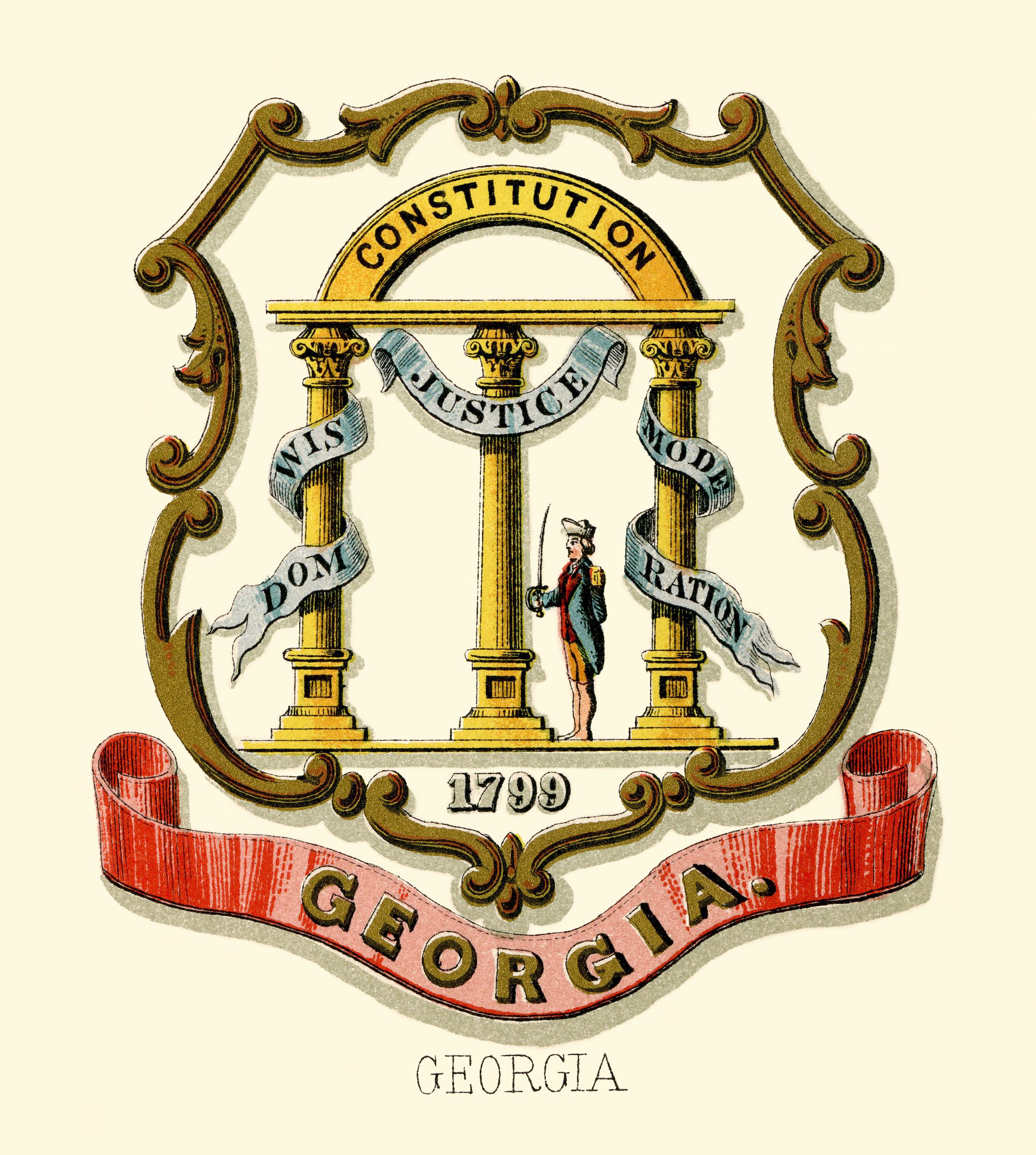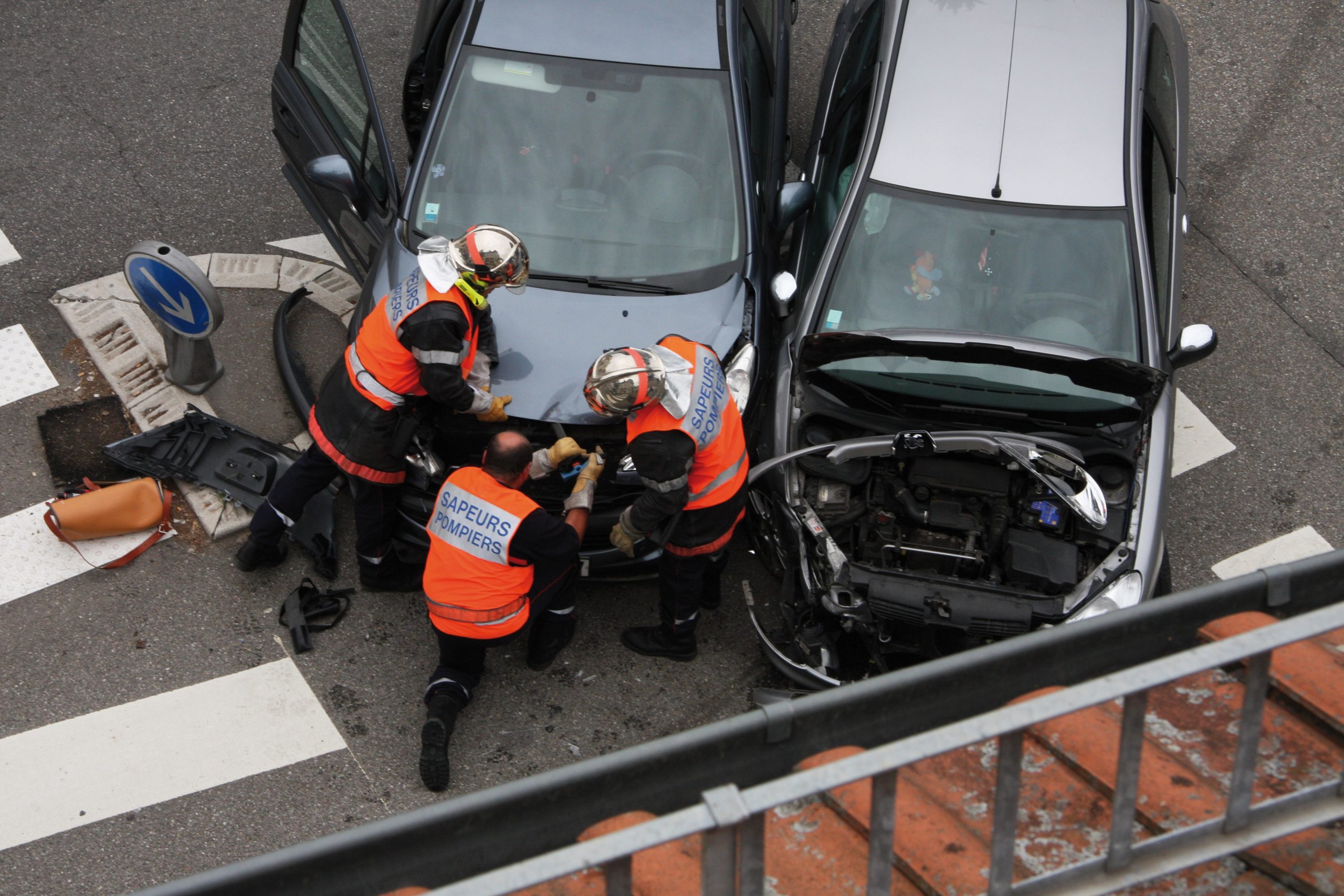 Honesty is always the best policy. This proverb rings especially true in the legal system, where truthfulness and transparency are vital to maintaining the legal process. Failure to tell the truth or even a mistake in remembering the facts can bring severe consequences, as Mark and Paulette Moore discovered after a car accident on Interstate 10 in Iberville Parish.
Honesty is always the best policy. This proverb rings especially true in the legal system, where truthfulness and transparency are vital to maintaining the legal process. Failure to tell the truth or even a mistake in remembering the facts can bring severe consequences, as Mark and Paulette Moore discovered after a car accident on Interstate 10 in Iberville Parish.
Russell Charles was driving his vehicle and pulling a flatbed trailer when a pick-up driven by Mark Moore suddenly rear-ended him. The pick-up was the property of Moore Leasing LLC, a company Mark and Paulette Moore, Mark’s wife, owned together and insured by State Farm.
About six months after the accident, Moore signed an affidavit stating he was not in the course of employment when the car accident occurred and that the State Farm policy was the only liability insurance available that would give Charles coverage for the injuries from the accident.
 Insurance Dispute Lawyer Blog
Insurance Dispute Lawyer Blog


 When a loved one dies in a car accident, dealing with insurance is likely the last thing on your mind. Unfortunately, insurance policies can be complicated, with many details and exceptions. If you do not fully understand your insurance coverage, you might find yourself in a difficult situation when seeking compensation from your insurance company. This is especially important when your vehicles and insurance policies cover multiple states.
When a loved one dies in a car accident, dealing with insurance is likely the last thing on your mind. Unfortunately, insurance policies can be complicated, with many details and exceptions. If you do not fully understand your insurance coverage, you might find yourself in a difficult situation when seeking compensation from your insurance company. This is especially important when your vehicles and insurance policies cover multiple states.  All relevant evidence in a case should be produced at trial. However, the evidence included in a complete record can be subjective. Thus, the parties to a lawsuit should rely on the court’s definition of what a complete medical record consists of.
All relevant evidence in a case should be produced at trial. However, the evidence included in a complete record can be subjective. Thus, the parties to a lawsuit should rely on the court’s definition of what a complete medical record consists of.  Although you may be excited if you are awarded damages at trial, your award might still face a challenge on appeal. Therefore, when you are involved in a trial for an accident in which you were harmed, it is important to understand what evidence you need to present so that any money you are awarded can survive a challenge on appeal.
Although you may be excited if you are awarded damages at trial, your award might still face a challenge on appeal. Therefore, when you are involved in a trial for an accident in which you were harmed, it is important to understand what evidence you need to present so that any money you are awarded can survive a challenge on appeal.  Simple driving accidents happen every day due to lapses in inattention. The results of these lapses can have devastating consequences. Whose is at fault in an accident when both parties were less than perfect in assessments of dangers on the road? The subsequent lawsuit from Louisiana shows how a court will determine how much fault each party bears for an accident and adjust damages based on that outcome.
Simple driving accidents happen every day due to lapses in inattention. The results of these lapses can have devastating consequences. Whose is at fault in an accident when both parties were less than perfect in assessments of dangers on the road? The subsequent lawsuit from Louisiana shows how a court will determine how much fault each party bears for an accident and adjust damages based on that outcome. If you have ever been involved in an accident, you know it can be challenging to deal with multiple parties. From the other vehicle’s driver to numerous insurance companies, knowing who to contact can often seem impossible. This becomes even more difficult when navigating the workers’ compensation system.
If you have ever been involved in an accident, you know it can be challenging to deal with multiple parties. From the other vehicle’s driver to numerous insurance companies, knowing who to contact can often seem impossible. This becomes even more difficult when navigating the workers’ compensation system.  Nobody likes insurance policies or divorce. Both can be extremely messy and full of legal jargon. Megan Daigle experienced this firsthand as her divorced parents’ insurance did not cover everything they hoped for.
Nobody likes insurance policies or divorce. Both can be extremely messy and full of legal jargon. Megan Daigle experienced this firsthand as her divorced parents’ insurance did not cover everything they hoped for.  The legal system has neither time nor resources to waste, so courts refrain from entertaining frivolous lawsuits that lack serious or sincere claims. Moreover, in such cases where a court determines that a lawsuit is frivolous, the court will render a judgment against the party who brought the lawsuit and can also order that party to pay damages, including the other party’s attorney fees. For these reasons, it is critical to consult with an excellent attorney before such cases are brought before a court.
The legal system has neither time nor resources to waste, so courts refrain from entertaining frivolous lawsuits that lack serious or sincere claims. Moreover, in such cases where a court determines that a lawsuit is frivolous, the court will render a judgment against the party who brought the lawsuit and can also order that party to pay damages, including the other party’s attorney fees. For these reasons, it is critical to consult with an excellent attorney before such cases are brought before a court. Allocating damages in a wrongful death case is challenging because putting a price on a life is hard. Therefore, if a family in a wrongful death case feels the jury abused its discretion in calculating that monetary value, then the family can resort to a motion for JNOV to try and correct the decision. However, this is a rigorous standard, and a recent case out of Baton Rouge outlines how a court reviews these motions.
Allocating damages in a wrongful death case is challenging because putting a price on a life is hard. Therefore, if a family in a wrongful death case feels the jury abused its discretion in calculating that monetary value, then the family can resort to a motion for JNOV to try and correct the decision. However, this is a rigorous standard, and a recent case out of Baton Rouge outlines how a court reviews these motions.  When tragedy strikes, seconds matter. Any delay to the emergency response network can cost lives and livelihoods. When a train runs through an intersection, all activity has to yield to that train. What follows is the calamitous story of how a train may have prevented EMS from responding to a fatal accident. It also helps answer the question; Can a train be held liable for the delay in emergency services?
When tragedy strikes, seconds matter. Any delay to the emergency response network can cost lives and livelihoods. When a train runs through an intersection, all activity has to yield to that train. What follows is the calamitous story of how a train may have prevented EMS from responding to a fatal accident. It also helps answer the question; Can a train be held liable for the delay in emergency services?